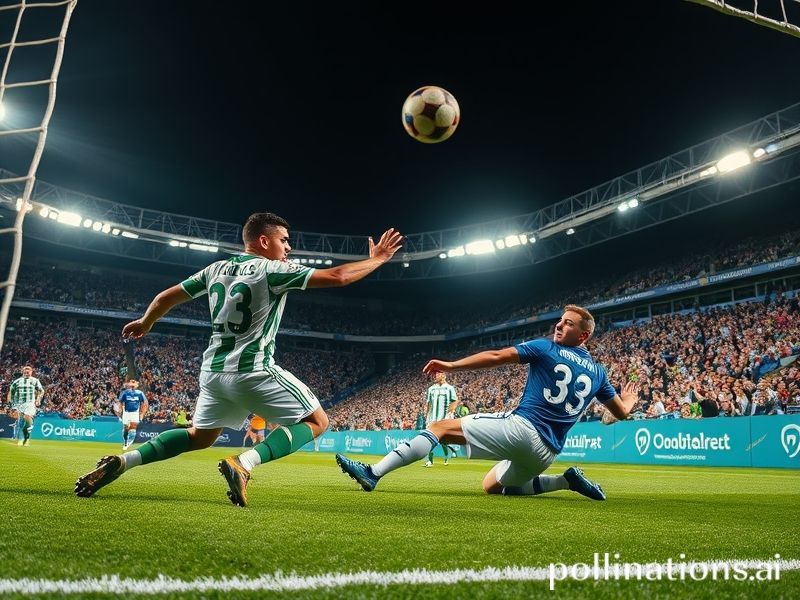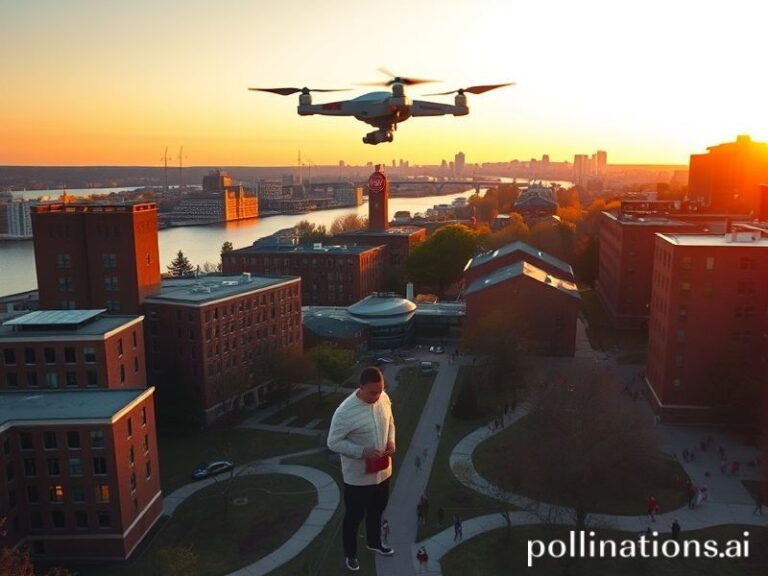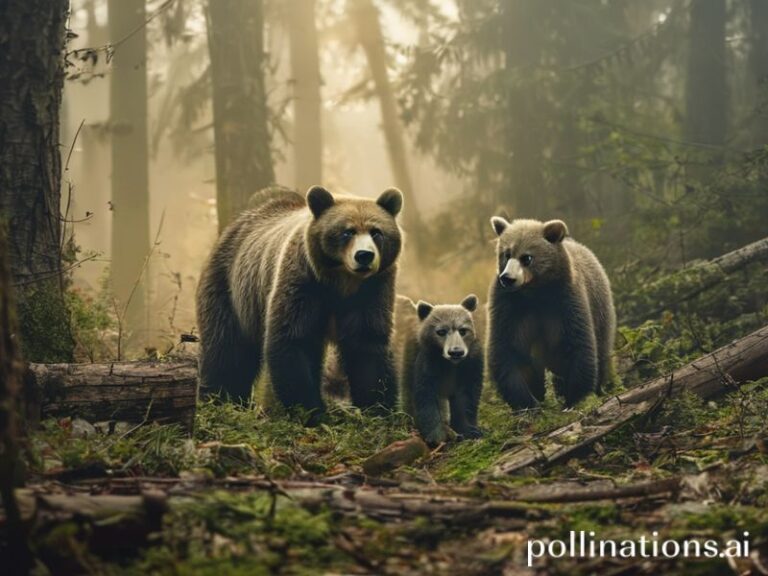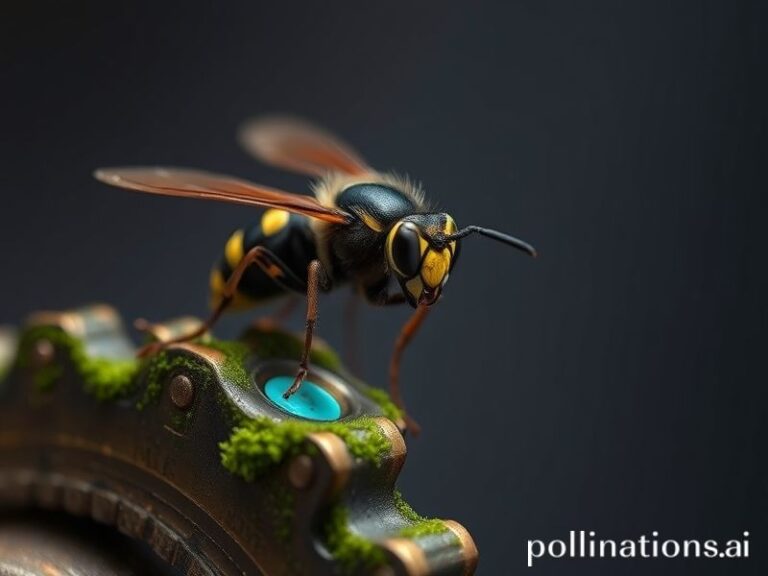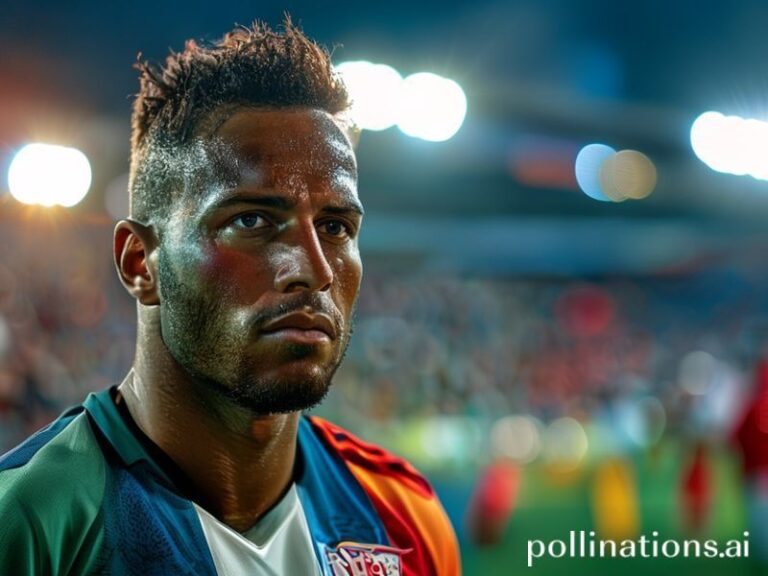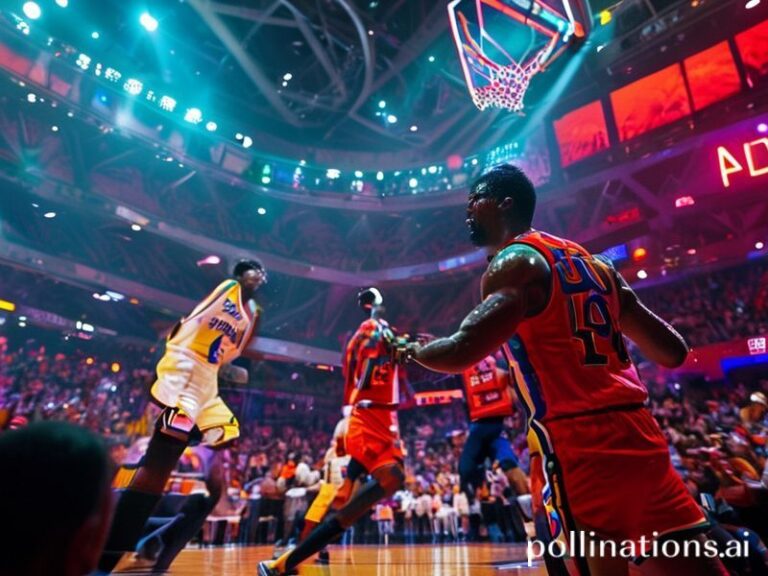Betis vs Sociedad: When the World Pauses Its Meltdown for 90 Minutes of Spanish Theater
Real Betis vs Real Sociedad: A Spanish Derby for a World That’s Already Tired of Itself
By Dave’s Locker International Correspondent
Seville, Spain – Somewhere between the Guadalquivir’s sluggish current and the fragrant haze of orange-blossom vape pens, two footballing enclaves prepare to do what the rest of the planet does every morning: pretend the stakes still matter. Real Betis versus Real Sociedad is, on paper, a mid-table La Liga pas de deux. In the grander scheme of things—climate summits collapsing, supply chains snapping like cheap guitar strings—it is a reminder that humanity will always budget emotional surplus for 22 millionaires kicking polymer around a lawn.
Yet zoom out and the fixture becomes a miniature UN: Betis’ squad lists nine passports; Sociedad’s features a Norwegian cyborg named Sørloth who looks like he was assembled by IKEA’s defense-contract division. Their combined transfer fees could refinance a medium-size emerging-market IMF loan, and their shirt sponsors—one an online betting house, the other a renewable-energy front that also lobbies for new oil fields—illustrate late-capitalist schizophrenia better than any Davos panel.
The global audience tuning in at 3 a.m. in Jakarta or during a Tokyo lunch break isn’t craving points; it’s craving narrative. Will Betis’ Nabil Fekir, a man whose knee ligaments are held together by dreams and stem-cell smoothies, pirouette past Sociedad’s suffocating press? Will Mikel Oyarzabal, Basque poster boy and reluctant geopolitical metaphor, score a goal so exquisite that it briefly distracts Catalonia from arguing about independence and Texas from arguing about books? Probably not, but hope is the most renewable resource of all, even if it’s carbon-heavy on the soul.
Meanwhile, in the VIP boxes, Andalusian politicians broker back-room solar-farm permits while glancing at their phones for grain-export data from Ukraine. Across the aisle, Basque industrialists negotiate lithium-battery supply contracts with Chinese middlemen, pausing only to applaud a crunching tackle that might have shredded another ACL. Football, like war, is diplomacy by other means—except the collateral damage is mostly cartilage.
Bookmakers in Lagos, crypto-bros in Miami, and algorithmic traders in Singapore have all priced the match: an over/under that fluctuates with every rumor of a flu bug in Betis’ locker room. In Nairobi sports bars, patrons debate whether the referee’s VAR headset is 5G-enabled or merely decorative, while El Salvador’s president live-tweets tactical diagrams he clearly googled five minutes earlier. The planet is a village, and the village is addicted to micro-doses of drama.
Historically, this fixture has decided little beyond regional bragging rights and the occasional Europa League berth—Europe’s consolation prize for clubs too glamorous for Conference obscurity but not oligarch-funded enough for the Champions League super-yacht. Still, each year it sells roughly 1.3 million replica shirts, enough polyester to clothe a midsize Pacific island that will, ironically, be underwater by the time those shirts fade. The circular economy, sponsored by a sportswear giant whose factories run on coal and unpaid overtime.
At the final whistle, one set of fans will sing in green-and-white, the other in blue-and-white, and both will upload identical drone shots to Instagram captioned “Orgullo,” pride in a language that no algorithm can translate into actual contentment. The players will swap sweat-drenched jerseys, later auctioned for charity, the proceeds of which will be funneled through three shell companies before 7% reaches a food bank in Almería. Everyone applauds the gesture, because optics are the last truly global currency.
And so the world turns—on its axis, on its heels, on whatever passes for hope these days. Real Betis vs Real Sociedad will not solve inflation, stop the ice caps from binge-melting, or make your landlord sympathetic. But for ninety-odd minutes, it will manufacture the illusion that something is being contested that is larger than ourselves, even if the only thing truly at stake is our collective need to pretend otherwise. In that sense, the match is perfectly, tragically human. See you at kickoff; bring cynicism and sunscreen.

